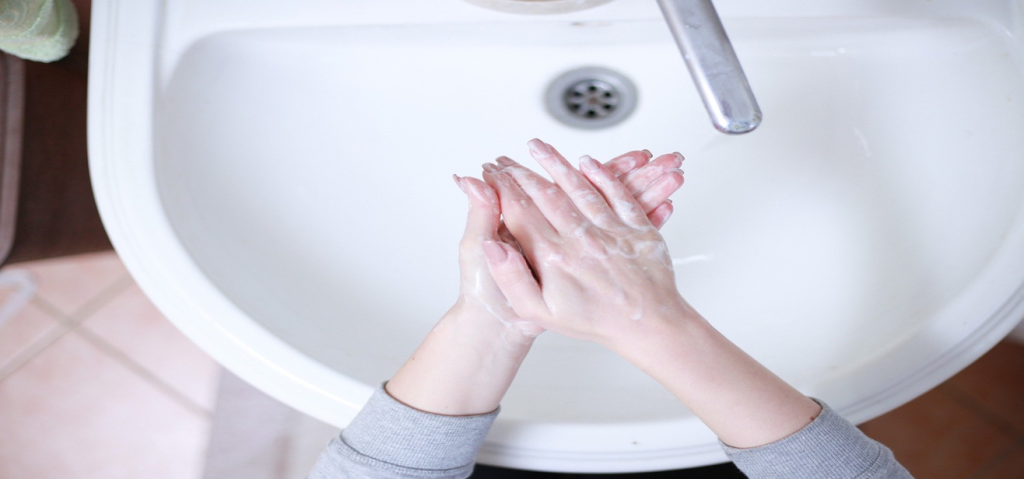Do you ever wash your hands and feel like there’s still soap on them? That’s limescale reacting with your soap. You probably also felt its effects the last time you did a load of laundry, and it felt like you or the detergent wasn’t doing their job quite right.
Understanding limescale and its quantity in your water
Hard water refers to water with the presence of calcium and magnesium. Water being the excellent solvent it is, dissolves minerals from rocks as it moves through them.
Limescale, in particular, is a stubborn deposit. It is created when the acidic content from rainwater reacts with limestone to form calcium hydrogen carbonate, becoming calcium carbonate—or limescale.
How to make your water limescale-free
Use Acid
To remove limescale from any surfaces, such as faucets, tiles, showerheads and bathtubs, use any acidic ingredients you can find in your pantry. Lemons and vinegar will give you great results. Additionally, lemons will leave the space smelling fresh.
Reverse Osmosis Filters
Install a reverse osmosis filter. It will filter out all the minerals leaving you with completely pure water. You can contact a plumbing service near to you to look into more water purification options.
Invest in a Water Softener
These are a great long-term investment. They reduce limescale content in your water through a process called ion exchange. Ion exchange involves removing calcium and magnesium minerals and replacing them with sodium, leaving you with soft water that’s free of limescale.
A more economical option nowadays is a salt-free water softener. They don’t necessarily remove the minerals causing the hardness. A plumber will install it in the main water supply, and it will prevent the limescale from sticking to surfaces by neutralizing the chemical compound.
Drain Your Tank Bi-Annually
Limescale thrives in hot water, which makes your water heater the perfect abode. Draining the tank every few months will prevent the build-up. Additionally, you can try to lower the temperature every once in a while to prevent limescale from forming in the first place.
Is Limescale Harmful?
Limescale is not as harmful as it is inconvenient. In fact, WHO points out that mineral-rich drinking water can be beneficial to some people, as it contributes to their daily nutrient intake.
However, ruining your costly plumbing is not the greatest approach to staying healthy. Limescale build-up will block fixtures and destroy appliances. It also interferes with cleaning chores involving water. And not to mention, it tastes awful and makes your hair dry and dull.
But the worst thing it does is to your plumbing. The build-up not only reduces the capacity of pipes, lowering water pressure, but it also damages the pipework over time.
If limescale has already crept and settled in all your pipes, call us at 817-244-0614.

